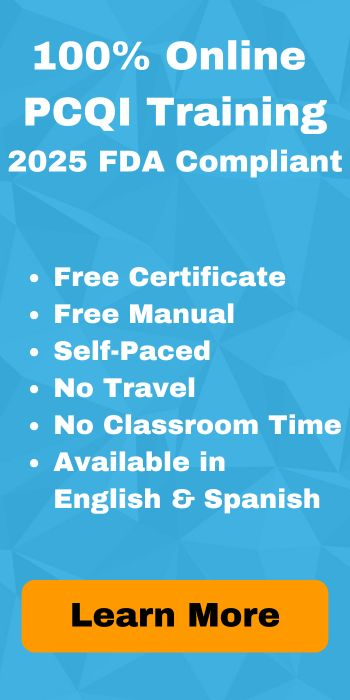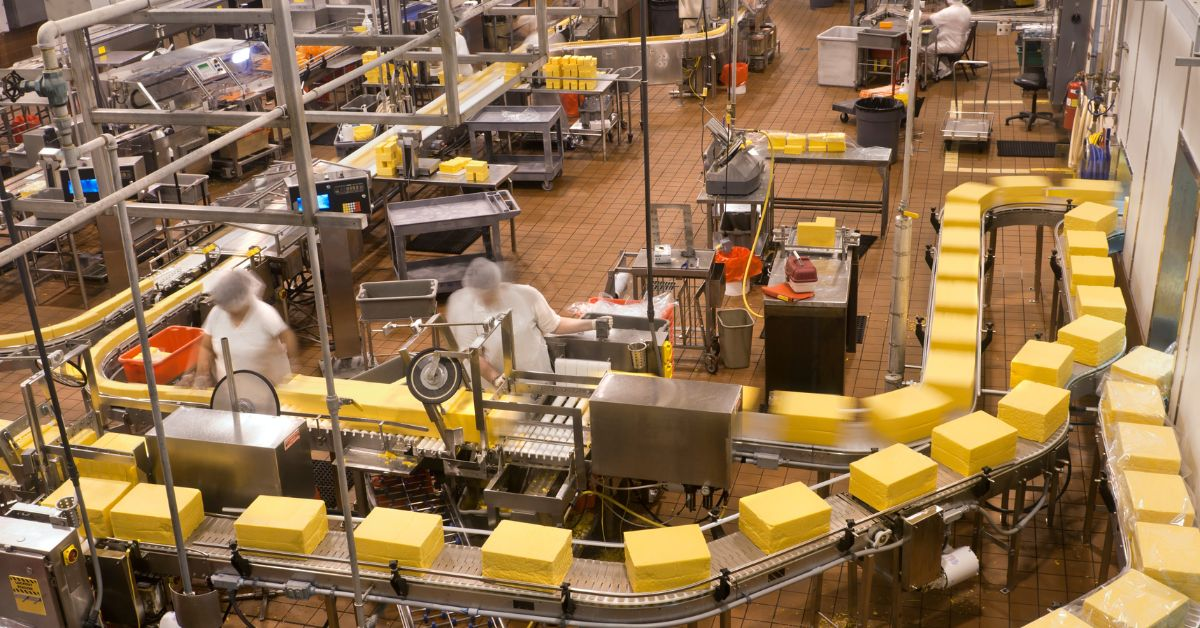
Food safety audits are crucial to maintaining the highest hygiene and quality standards in food production and handling. However, even the most diligent companies can make errors that put them at risk of failing an audit. To help you prepare and succeed, we’ve outlined some common mistakes to avoid in food safety audits so your organization remains compliant, safe, and audit-ready.
- Lack of Documentation: Proper documentation is the backbone of food safety audits. Missing or outdated records signal non-compliance to auditors, raising red flags. Ensure your food safety management system (FSMS) is up-to-date and accessible. When was the last time you updated hazard analysis and critical control points (HACCP) and preventive controls for each of your ingredients? How about pest control, cleaning schedules, and staff training? ImEPIKs comprehensive PCQI training programs are designed for you to practice at your own pace and with sample document forms to keep you prepared.
- Inconsistent Employee Training: One of the leading causes of audit failures is poor or inconsistent employee training. Food safety protocols are only as strong as the people who implement them. Auditors will check if your employees are well-trained in Good Manufacturing Practices (GMP), personal hygiene, allergen control, and other critical areas. Regular training sessions and refreshers should be part of your operations to avoid mistakes. Ensure your staff undergo FDA-compliant training to avoid audit risks.
- Poor Record-Keeping of Corrective Actions: When issues arise, resolving them is just as essential as spotting them. Failing to record corrective actions or neglecting to track improvements shows auditors that your company is not proactive in managing risks. Implement a clear system for identifying problems, documenting solutions, and reviewing progress to demonstrate your commitment to continuous improvement.
- Ignoring Facility Maintenance: Neglecting routine maintenance of your facility is a surefire way to attract unwanted attention during an audit. Food production areas must be kept clean and in good condition, and equipment and infrastructure must be regularly inspected. Issues like mold, rust, condensation, or poor sanitation can result in significant non-conformities. For more information on maintaining compliance in your facility, check out What are the steps to ensure compliance with international food safety regulations?
- Improper Allergen Management: Mismanaging allergens is one of the top reasons companies fail food safety audits. The Food Allergen Labeling and Consumer Protection Act (FALCPA) mandates that companies clearly label and manage the “Big 9” allergens. From cross-contamination to improper labeling, allergen control must be enforced throughout production. Implement strong allergen control measures to meet FALCPA regulations and prevent costly recalls.
- Lack of Supplier Control Programs: Suppliers play a crucial role in food safety. Failing to conduct regular audits of your suppliers or not maintaining a strong supplier verification program can lead to contamination risks. Keep detailed records of your supplier evaluations and certifications to prevent any oversight. Strengthen your supplier management systems to ensure ingredient safety.
- Inadequate Traceability Procedures: Traceability is critical in product recalls or outbreaks of foodborne illnesses. If your traceability systems are insufficient, you could fail to identify the origin of an issue, leading to extended recalls and reputational damage. Ensure you can trace ingredients and products through every stage of your supply chain, from farm to table. Implement effective traceability systems to ensure fast and efficient recalls.
- Failure to Review Audit Criteria: Many companies need to review the specific criteria for their food safety audits. Each audit, whether for Global GAP, GMP, SQF, BRCGS, or FSMA, will have unique requirements. Failing to familiarize yourself with the audit checklist increases the risk of non-conformities.
Avoiding these mistakes in food safety audits is essential to maintaining compliance, product quality, and consumer trust. With proactive planning, ongoing training, and robust systems, your business can confidently pass audits.
For expert guidance and training, explore the PCQI courses offered by ImEPIK®, designed to help businesses like yours comply with FDA’s FSMA and HACCP regulations.







